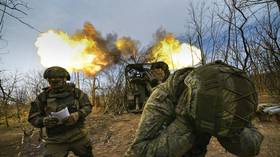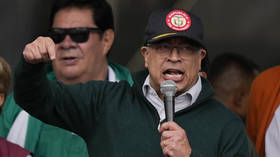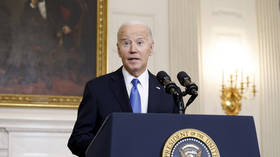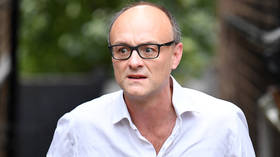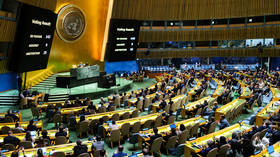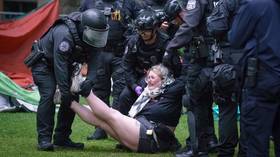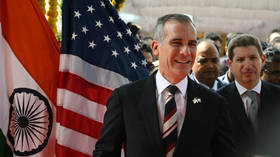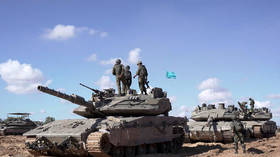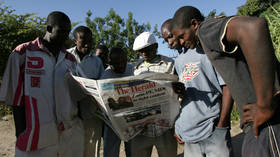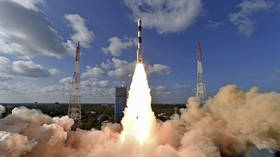Russia short 5 million workers – report

The Russian economy is suffering from a shortage of skilled labor according to a recent study from the Institute of Economics of the Russian Academy of Sciences (RAS). Published in the RAS Herald earlier this week, the research by Nikolay Akhapkin shows that as of the end of 2023, Russia will be short approximately 4.8 million workers.
Akhapkin observed that the shortage has grown sharply over the past two years, since the onset of Western sanctions imposed over the Ukraine conflict, even though workforce supply, or the number of people already employed, has remained stable.
Unsatisfied demand for workers has already become a factor slowing economic growth. He noted however, that the severity of the trend differs across various sectors of the economy.
Unemployment levels in Russia have hit record lows over the same time span, reaching 2.9% in October, the lowest level since the early 1990s, according to the country’s statistics service, Rosstat. Experts, however, see the raidly diminishing pool of unemployed as alarming.
Last month, Russian Central Bank Governor Elvira Nabiullina claimed labor scarcity was the main problem facing the economy. Likewise, Economic Development Minister Maxim Reshetnikov pointed to the metric as the country’s main internal risk factor.
Staff shortages result in enterprises being unable to produce the required volume of goods and services, which causes a drop in GDP growth rates and accelerates inflation, Aleksandr Safonov, professor of Psychology and Human Capital Development at Russian Financial University, told Izvestia.
He predicted that next year the labor shortage would be especially acute in industries offering low wages, difficult working conditions, and located in remote regions. These include agriculture, housing, and communal services and construction. However, he noted that high-class software specialists, engineers, technologists, machine operators, drivers, and robotics science specialists would still be in great demand.
Earlier this month, Yakov & Partners consulting firm (formerly a Russian subsidiary of McKinsey & Company, one of the Big Three) estimated the workforce shortage in the country had grown as well. The firm, however, gave lower figures, estimating the deficit at between 2 and 4 million by 2030. It also provided different estimates on which sectors would be affected, stating that Russia would be short up to 1.4 million top-qualified and up to 2.2 million medium-qualified personnel.
For more stories on economy & finance visit RT's business section



